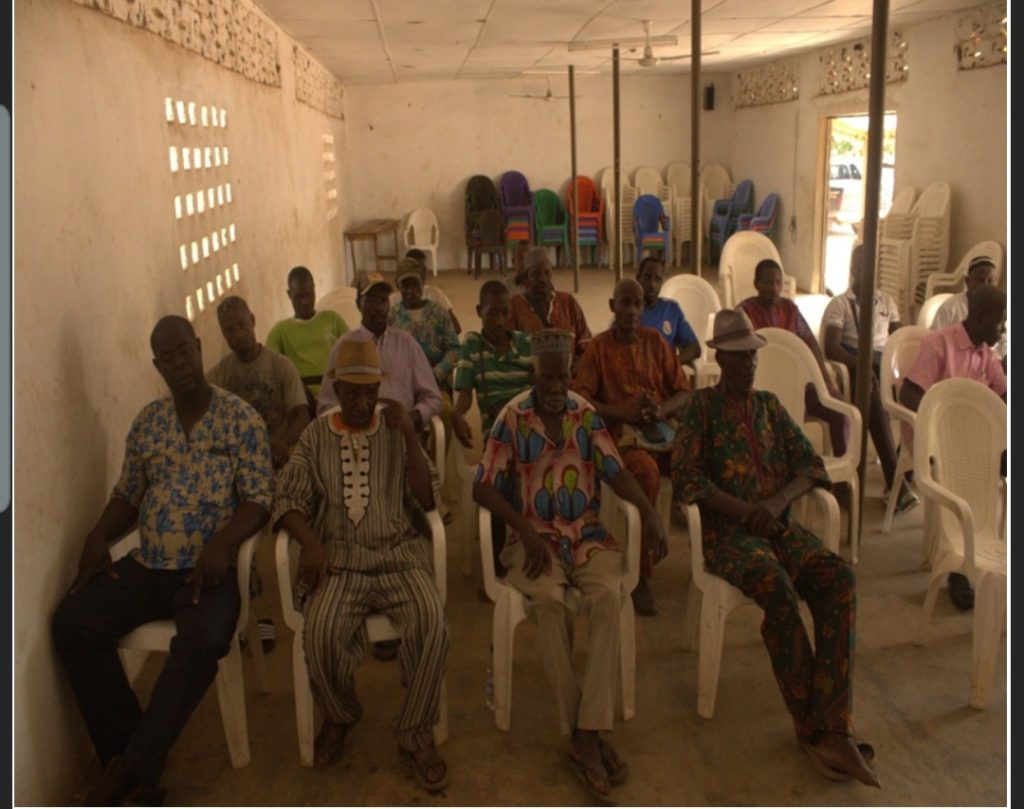Africa day, time to reflect on our culture

By Tanaka Chikomo
For some, culture is a distant concept that is only relevant on public holidays or feasts such as Africa Day, Culture Week, religious celebrations, or festivals such as Ngondo and Nyem-Nyem. However, for many writers and cultural enthusiasts, this term represents more than one distinct period of exuberant atmospheres, colourful dressing and assorted traditional meals. It shapes the way of life and the attitudes of a people (Edgerton 1965, 443); it serves as a legacy for communities’ future generations (Elias 1978b, 130) and a mechanism put in place to regulate both the internal and external environments of a community (Turner 1969, 98). However, the existence of various definitions does not necessarily mean the idea of culture is exempted from criticism and uncertainty, as highlighted in Matthew Thomas Johnson’s 2013 assessment of this phenomenon (Evaluating Culture pp 97-119). With the aid of cultures in Côte d’Ivoire, this short writeup aims to embrace the various representations of culture and the power of the latter.
For certain philosophers, culture is a legacy (Elias 1978b, 130). When one thinks of anything legendary, the words long-lasting, established and investment might come to mind. During an encounter with Mama Suza at Pôle Technique, Bingerville, an avid gardener and homemaker, she expressed that culture can easily be passed on from one generation to the next, and that it is important for the current generation to learn from the elements of their grandparents’ cultures to enrich the cultural experience. This is a potent observation to note because the implication is that culture is not only a legacy that needs to be maintained, but a structure that also needs constant revival by the present generation. If a grandmother used to practice the tradition of storytelling with all her grandchildren, then the latter can also continue this activity and reinvent it to compliment the modern digital age. Culture therefore seems to represent something more than just than distinct celebrations and festivals.

Mama Suzy, a homemaker, and avid gardener
While culture is more than vibrant feasts, it would be unjust to dismiss festivals and parades as an essential part of a people’s culture as they have the capacity to shape the minds of a community. For example, Ivorians partake in the annual SARA (Salon Internationale de l’Agriculture et des Ressources Animales), where business owners and agriculturalists present the process of manufacturing their products, from handbags made from cotton plants to attiéké made from cassava. Even though commercial activity is central to SARA, it is an opportunity to transform the minds of citizens while they get to enjoy dance, music, tasting new products, trying on new jewellery, or simply discussing with experts on the preparation of a particular spice. Thus, Edgerton’s former claim that culture seeks to shape the attitudes of a people’s mind is plausible.

The different types of attiéké made from manioc( Cassava)

Handbags made from cotton plants- SARA exhibition.
Moreover, the concept of culture is seen as a mechanism to regulate the functioning of societies. In March 2023, representatives of WANEP (West African Network for Peacebuilding) travelled across 11 villages in the Haut-Sassandra and Hambol regions of Côte d’Ivoire. The mission’s objective was to present a project on accompanying 500 residents to obtain their national identification and birth certificates in accordance with the 2018-863 law, through WANEP’s Democracy and Good Governance programme. The team met with the local authorities (chiefs and council members) to take them through the importance of having national identification, before voting for the 2025 presidential elections commences.

Chiefs for the different villages in the department of Niakara,
Hambol, Ivory Coast
This interaction, though it was to encourage a democratic spirit in some of the overlooked regions of the country, highlights the significance of culture and how it coincides with the law. The project could not be presented if the chiefs and the required participants of the respective regions were absent, indicating that even in external projects, the culture of a village cannot be compromised. One might also argue that this resistance to compromise shows the power of law over communities instead of the inherent force of culture. However, women in villages such as Arikokaha, for example, served the WANEP team a variety of traditional meals such as Agouti and Tchep, reflecting a certain level of cultural control in maintaining hospitality through offering homecooked meals to visitors on mission, regardless of the professional purpose of the mission itself. Given this position, culture is undoubtedly a means to regulate a community and to share its values with those who interact with it.
In conclusion, culture is clearly a multi-faceted concept because it covers a variety of functions in society, some of which have been explained above. While this is not an exhaustive account of what culture represents today, the above examples might give some insight into the power, importance, and depth of culture on those in society. It is not merely about a single day to celebrate culture, it is also about sharing the culture so that it remains strong for future generations, ensuring that it is somehow regulated and preserved in a world that is ever-changing and developing.




